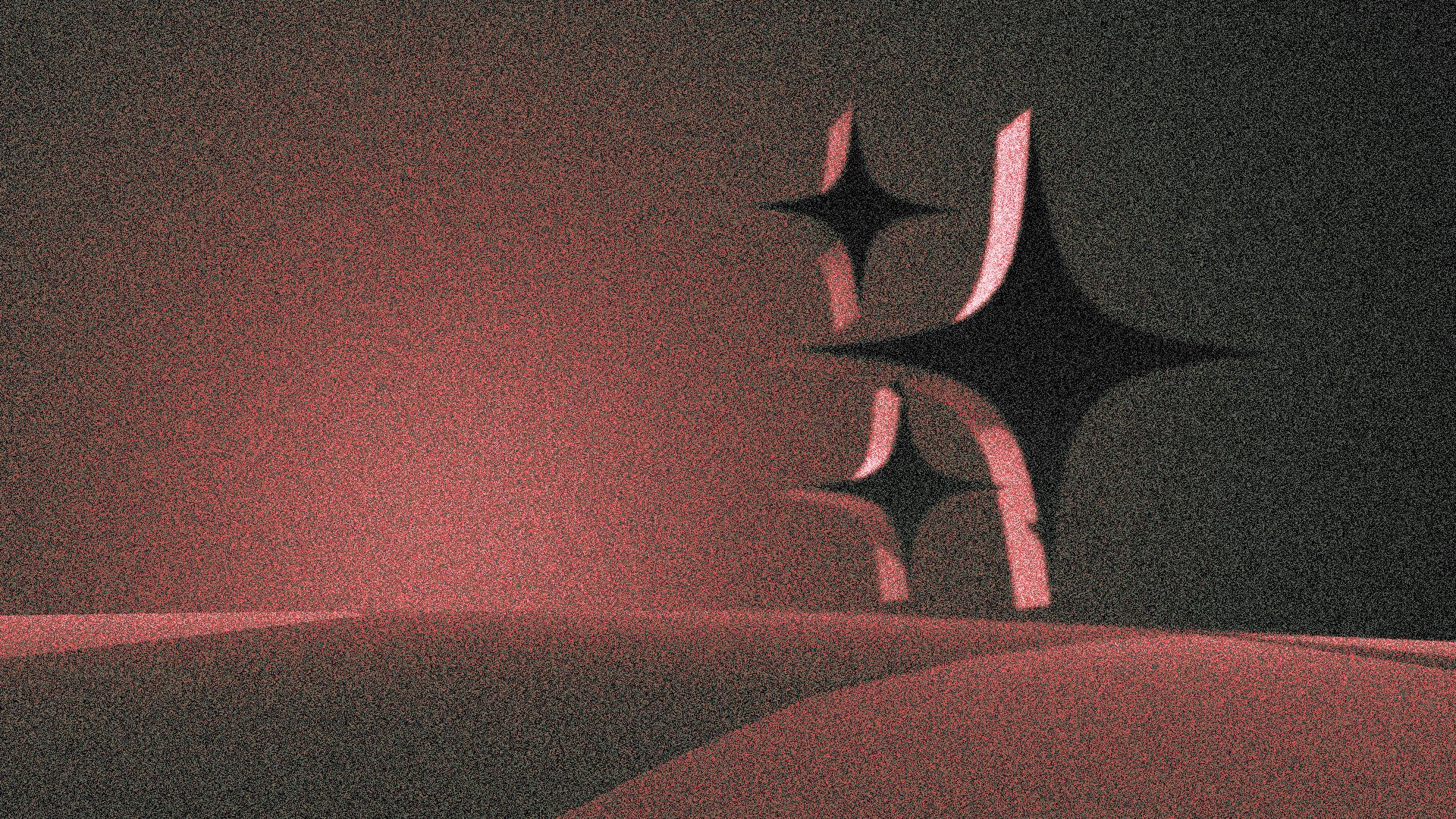Sources: 
Experts at a Riyadh conference have raised alarms about the existential risks posed by artificial intelligence, estimating a 10%-20% chance that AI could 'go bad.'Despite rapid technological advances, the fundamental workings of AI models remain opaque even to their creators. OpenAI researchers admit,
'we have not yet developed human-understandable explanations for why the model generates particular outputs.'Dario Amodei, a leading AI researcher, emphasized the urgency of interpretability, warning that
'people outside the field are often surprised and alarmed to learn that we do not understand how our own AI creations work.'This lack of transparency fuels concerns about control and safety, as the companies building AI systems cannot fully explain their behavior.
"I think AI is a significant existential threat," Amodei stated during the Riyadh event last fall, highlighting the unpredictable nature of AI development.
The warnings underscore the need for increased research into AI interpretability and robust safety measures to mitigate potential catastrophic outcomes.
As AI systems become more integrated into critical infrastructure and decision-making, the stakes of misunderstanding their inner workings grow ever higher.
The conference in Riyadh brought together experts to discuss these challenges, emphasizing that while AI holds transformative potential, its risks must be carefully managed.
The
10%-20% probability cited reflects a sober assessment of the dangers, urging policymakers and developers to prioritize transparency and control mechanisms.
Without such efforts, the future of AI could pose unprecedented threats to humanity's safety and stability.
Sources: 
Experts warn at a Riyadh conference that AI poses a significant existential threat, estimating a 10%-20% chance it could go disastrously wrong. Despite rapid advances, even creators admit they don’t fully understand how AI models generate outputs, raising urgent concerns about interpretability and control.
